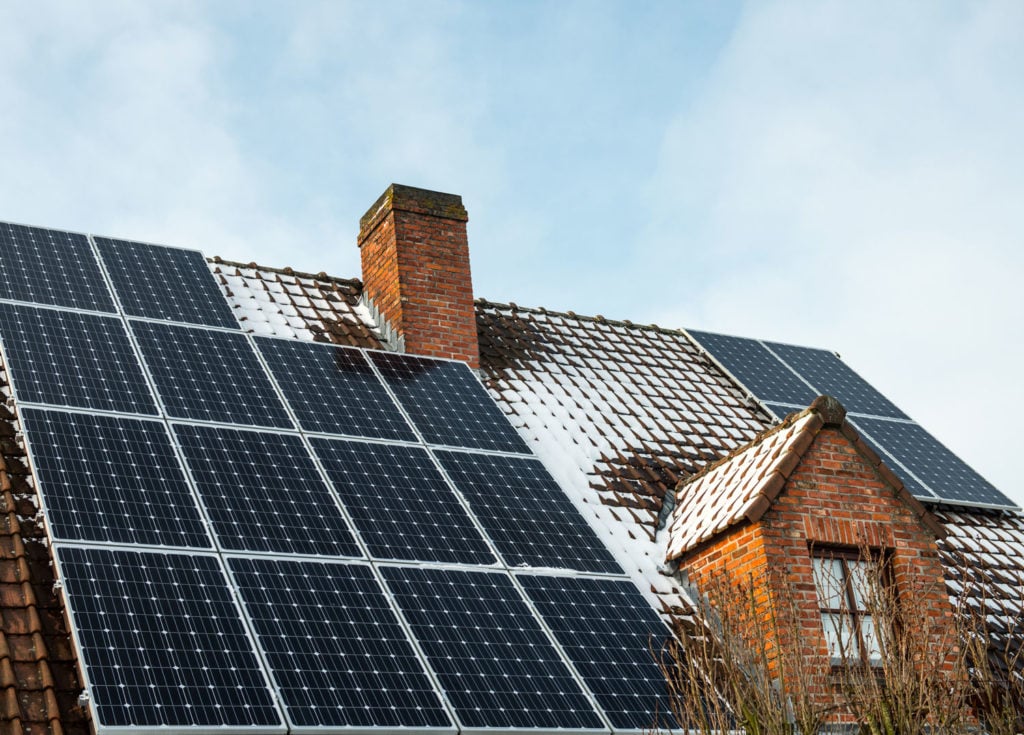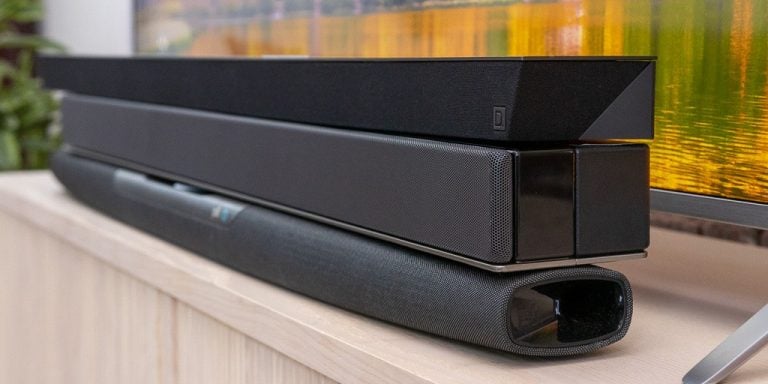Do Solar Panels Work In Winter? What You Need To Know

Table of Contents
If you’re considering investing in solar panels, do solar panels work in winter?
Solar panels can still generate electricity through photovoltaic conversion despite the shorter days and reduced sunlight. This means that even on cloudy or snowy days, your solar panels can harness the sun’s power and provide energy for your home or business.
During winter, some challenges may affect the efficiency of solar panel performance. However, technological advancements have enabled high-quality solar panels to overcome these challenges and continue functioning effectively throughout the winter season.
In this article, we will explore how solar panel efficiency is impacted by reduced daylight and discuss ways to maximise their output during winter. So, let’s dive in and discover how you can make the most out of your solar panel investment during those chilly winter months!
1. The Impact of Reduced Daylight on Solar Panel Efficiency
You may notice that solar panel efficiency can be significantly affected during the winter months, with reduced daylight hours.
The shorter days mean less sunlight for the panels to convert into electricity. This is because solar panels rely on sunlight to generate power, and with fewer daylight hours in winter, there is less time for the panels to absorb sunlight.
The angle at which the sun hits the panels also plays a role in their efficiency. In winter, the sun’s angle is lower, resulting in less direct sunlight reaching the panels.
However, it’s important to note that while solar panel efficiency may decrease during winter, it continues to produce electricity even on cloudy or overcast days.
So, while they may not work at their maximum capacity this season, they are still a viable renewable energy source throughout the year.
2. Overcoming Challenges: Winter Performance of Solar Panels
Solar panels can still generate electricity in winter despite the cold and snowy conditions. While it’s true that reduced daylight hours and lower temperatures can pose challenges to solar panel efficiency, there are ways to overcome these obstacles.
First, it’s important to note that solar panels rely on sunlight, not heat, to generate electricity. This means that even in colder weather, as long as sunlight reaches the panels, they can still produce power.
Additionally, technological advancements have made solar panels more efficient at capturing and converting sunlight into electricity. Snowfall can also be easily mitigated by installing solar panels at an angle or using snow removal techniques such as brushing or melting systems.
So don’t let winter deter you from investing in solar energy – with proper planning and maintenance, your solar panels will continue to work efficiently throughout the year.
3. Advancements in Technology for Winter Solar Panel Use
During the winter months, it’s impressive how technology has advanced to enhance the performance of solar panels in colder temperatures. Innovations such as anti-reflective coatings and snow-shedding designs have been developed to maximise energy production.
Anti-reflective coatings help reduce the light reflection on the panel surface, allowing more sunlight to be absorbed and converted into electricity. This is particularly important in winter when sunlight may already be limited.
Additionally, snow-shedding designs prevent snow from accumulating on solar panels by using a tilt or slippery surface that allows the snow to slide off easily. By preventing snow buildup, these designs ensure that solar panels continue to generate electricity even during snowy conditions.
These advancements improve the efficiency of solar panels in winter and make them a viable option for regions with cold climates.
4. Maximising Winter Solar Panel Output
Innovative techniques can significantly enhance the performance of solar panels during the colder months, ensuring maximum energy production. To maximise winter solar panel output, consider implementing the following strategies:
- Angle adjustment: Adjusting the tilt angle of solar panels to match the sun’s lower position in winter can optimise energy capture.
- Snow removal: Regularly clearing snow from solar panels can prevent them from being covered and blocking sunlight. This can be done manually or by using automated snow removal systems.
- Heating elements: Installing heating elements on solar panels helps melt snow and ice buildup, allowing for continuous energy generation.
Implementing these techniques will help you get the most out of your solar panels, even during winter when sunlight is limited.
5. Benefits of Winter Solar Panel Installation
Boost your energy savings by installing solar panels during the winter months and take advantage of their numerous benefits.
Installing solar panels in winter allows you to benefit from various incentives and rebates governments and utility companies offer. These financial incentives can significantly reduce the upfront installation cost and help you recoup your investment more quickly.
It also means that when spring arrives with longer days, and increased sunlight hours, your system will already be up and running at full capacity, maximising your energy production throughout the year.
Be sure to start enjoying the benefits of solar energy before summer; take advantage of winter installation today!
So, Do Solar Panels Work In Winter?
In conclusion, yes, solar panels do work in winter! While reduced daylight hours can impact the efficiency of solar panels, advancements in technology have made it possible for them to generate power during the colder months.
In conclusion, don’t let the cold weather discourage you from considering solar panel installation. Despite reduced daylight hours, technological advancements and proper maintenance can ensure that your panels continue to generate clean energy throughout the winter season.
So go ahead and embrace sustainable living all year round!






